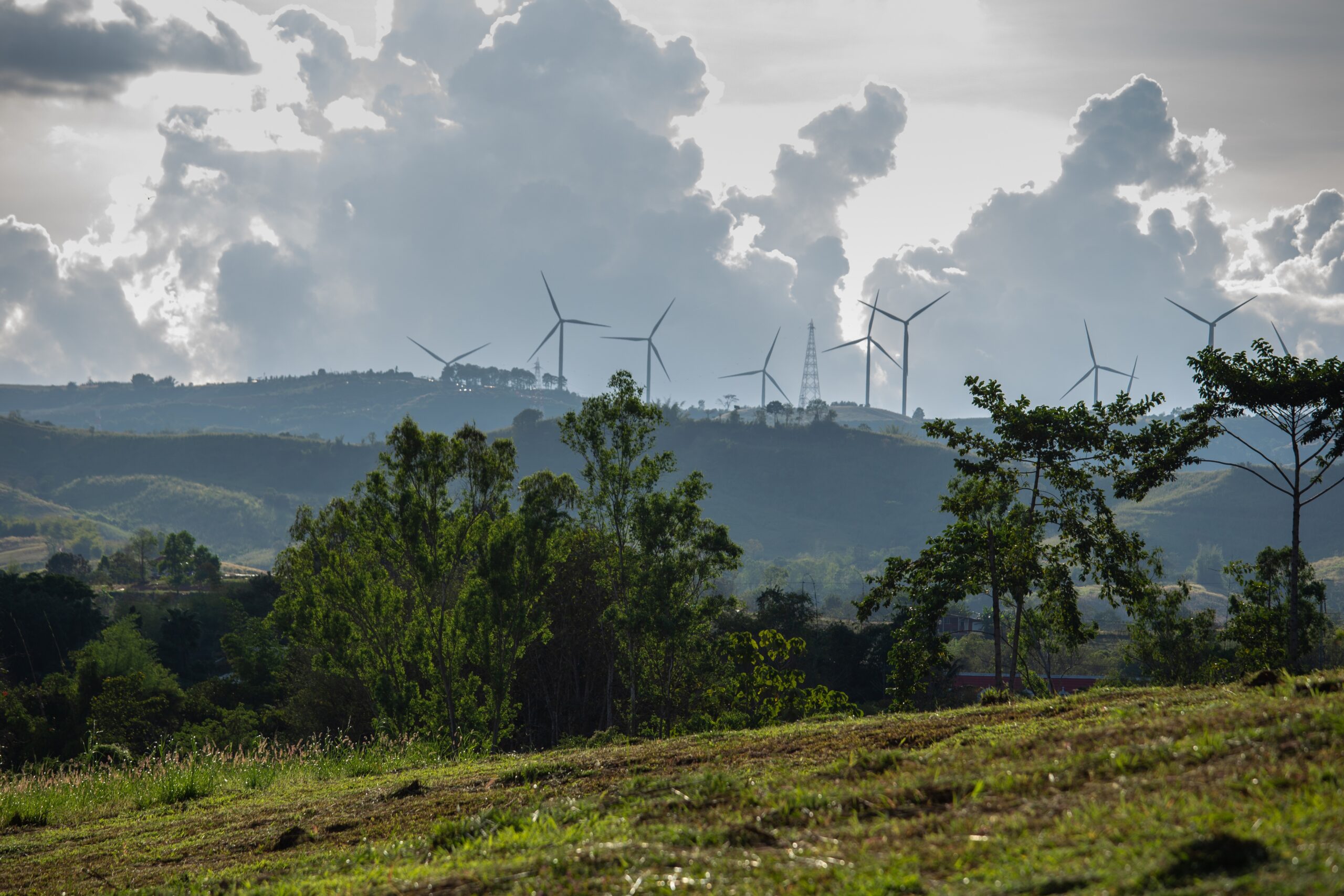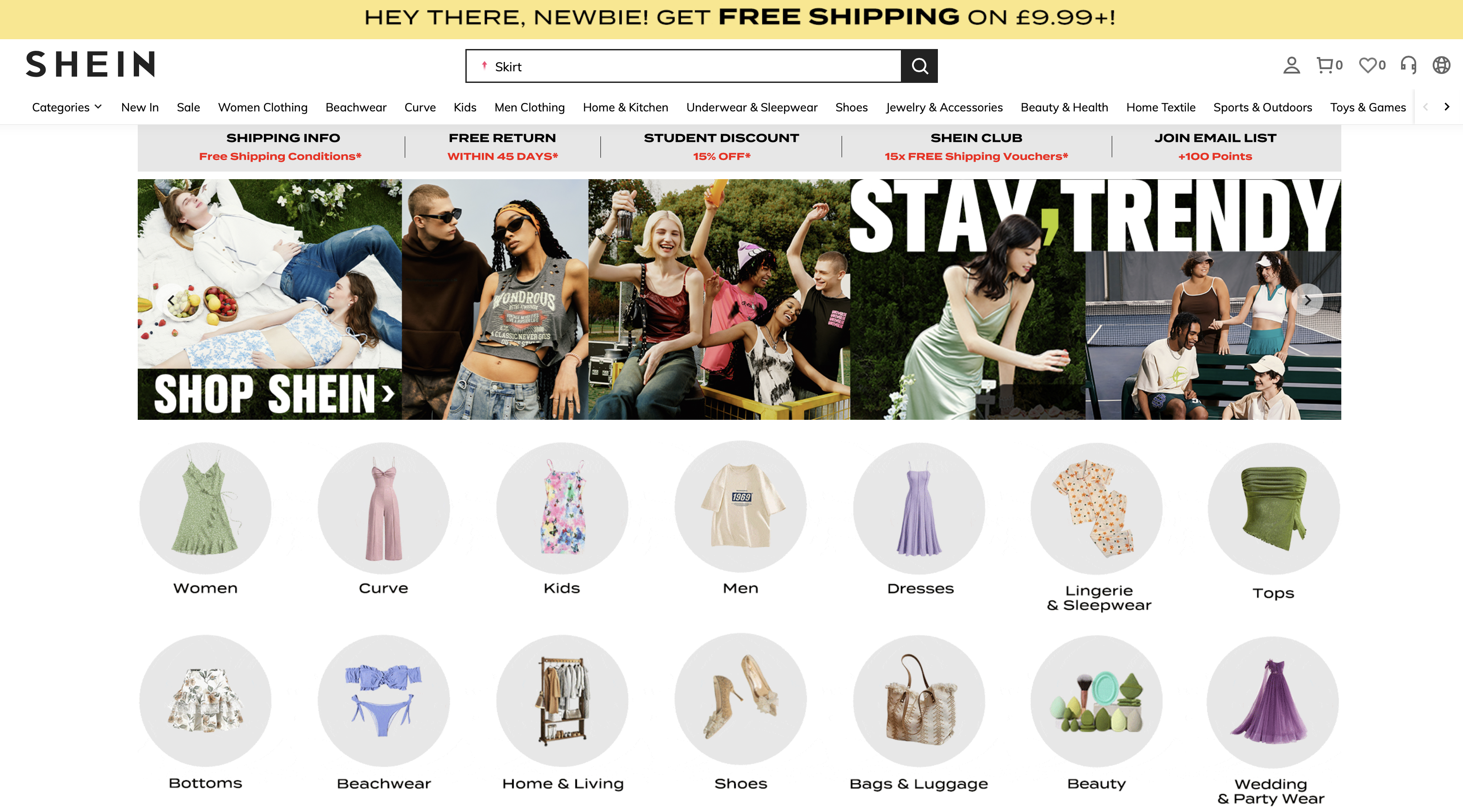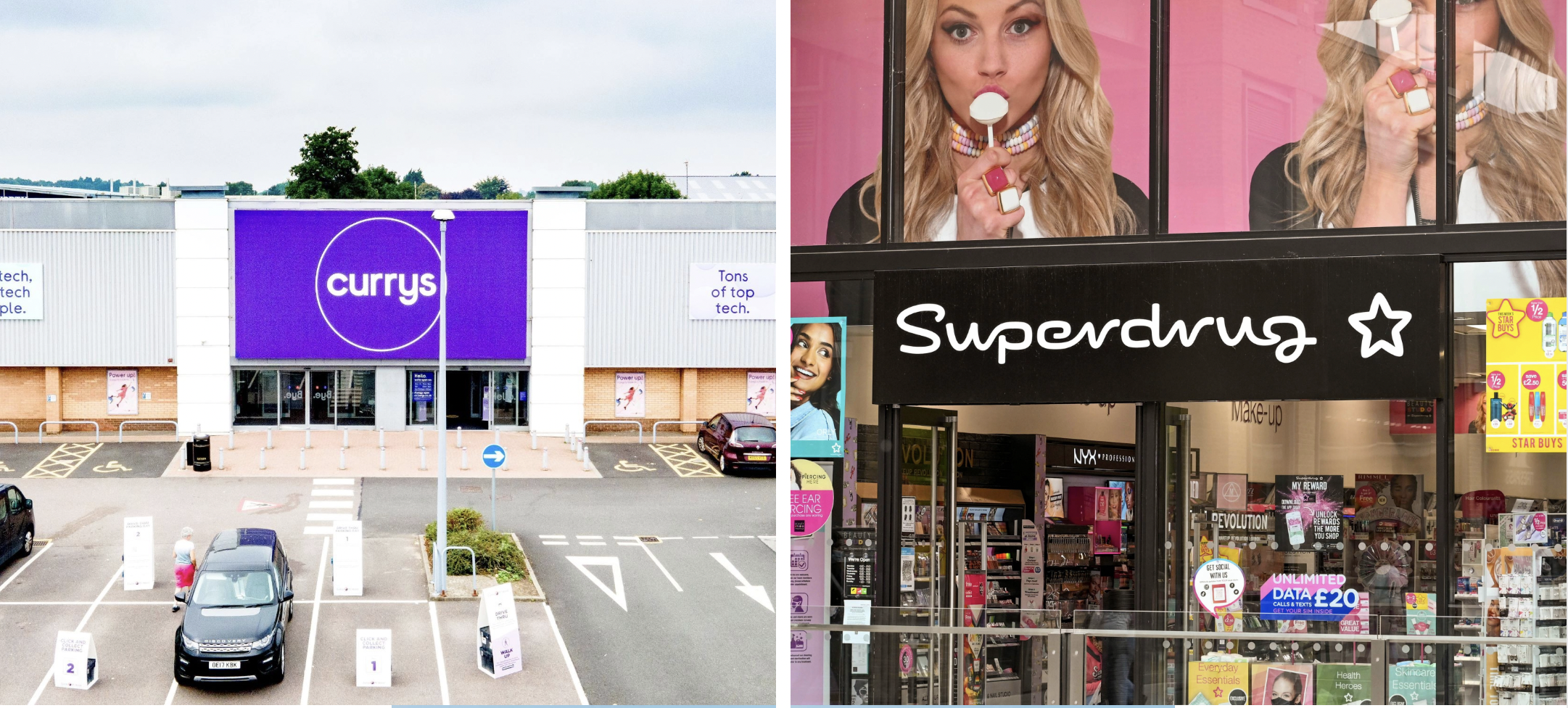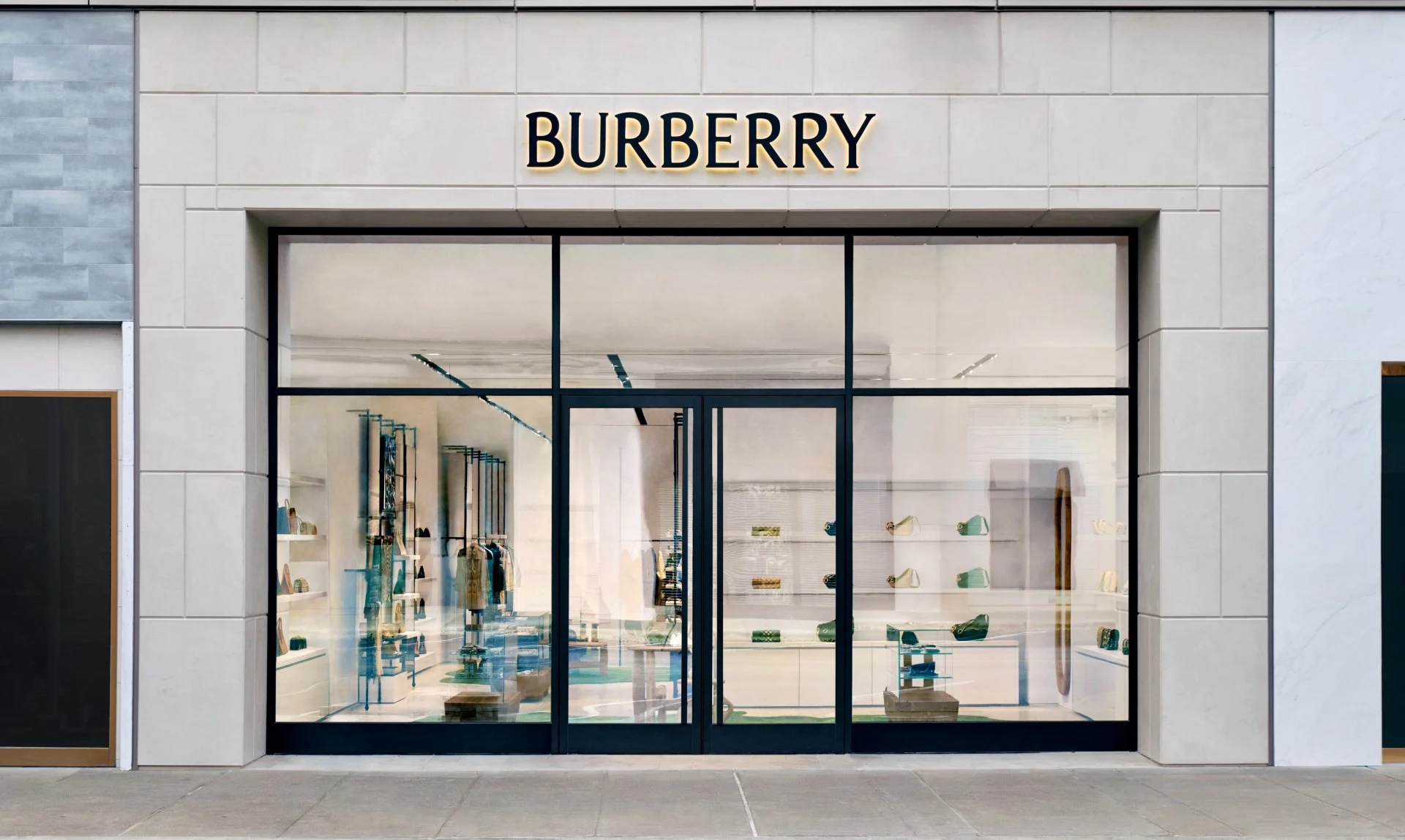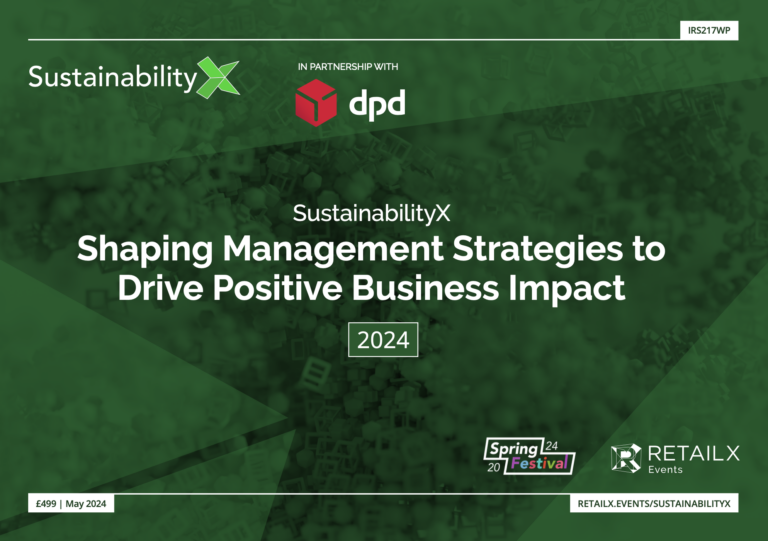LVMH set new records as shoppers returned in force to buy the luxury goods it sells online and in-store in 2021.
LVMH Moët Hennessy Louis Vuitton reported revenues of €64.2bn (£53.4bn) in 2021 – 44% up on 2020, which was hit by the pandemic – and 20% ahead of pre-pandemic 2019. Profit from recurring operations came in at €17.1bn (£14.2bn), more than double (+107%) the €8.3bn (£6.9bn) reported in 2021, and 49% up on 2019 and the group reported net financial income after expenses and before tax of €53m (£44m), an improvement from a loss of €608m (£505m) in 2020 and a loss of €559m (£464.6m) in 2019.
The group’s brands include Louis Vuitton, ranked Leading in RXUK Top500 research, Christian Dior, whose Dior website is ranked Top150, and Fendi, ranked Top500 as well as Celine and Loewe, which all achieved record sales and profitability. Online sales grew.
In its perfume and cosmetics division where organic revenue – a measure that combines like-for-like with constant currency – grew by 27% on last year and was stable on 2019, “LVMH’s major brands chose to continue a policy of selective distribution, limiting promotions and growing online sales on their own website.” Christian Dior’s Sauvage became the highest selling fragrance in the world, a first for a male fragrance – although that growth includes women’s lines.
And in its selective retailing division (organic revenue +18% on 2020, -18% on 2019), Sephora saw a strong rebound in its business, bought beauty pureplay Feelunique – which is ranked Top250 in RXUK research – during the year and signed a partnership with Zalando.
Bernard Arnault, chairman and chief executive of LVMH, says: “LVMH enjoyed a remarkable performance in 2021 against the backdrop of a gradual recovery from the health crisis. The Group’s record results could not have been achieved without the efficiency and exceptional ability of our teams to adapt and notably to remain connected to our customers, continuing to inspire dreams, despite the crisis.”
He paid tribute to Virgil Abloh, men’s artistic director of Louis Vuitton since 2018, who died during 2021. He also said the group had worked to promote biodiversity, protect nature and preserve skills and craftsmanship during the year.
And he added: “Despite the uncertainties that remain at the start of this new year, which continues to be disrupted by health concerns, we approach 2022 with confidence and are convinced that LVMH is in an excellent position to further strengthen its lead in the global luxury market.”
’Supply chain disruption not an issue’: analyst
Commenting, Christopher Rossbach, manager of the World Stars Global Equity Fund, says the results did not disappoint even against high expectations. He said luxury brands were naturally resilient and likely to become ever more popular in the world’s most populous market of China.
He says: “Both the luxury sector and LVMH’s performance have been volatile since the late summer of 2021 due to worries about the slowdown in the Chinese economy stemming from local Covid-outbreaks, a slowing property sector, the ‘Common Prosperity’ policy, and more recently inflation and supply chain woes, and market rotation from growth to value being the latest.
“We believe the market concern is overdone. We think ‘Common Prosperity’ is good for the luxury sector as more Chinese middle-class consumers will emerge from this policy and increase the pie of luxury consumption. Whilst the rest of the world has embraced interest rate rises, the recent policy reversal in China points to the opposite. China has moved to a pro-cyclical policy to address the slowing economy by cutting interest rates, relaxing lending rules to property developers and reducing the mortgage rate for consumers. These policy actions should stimulate the economic growth and will be beneficial to luxury consumption which has a strong link to property wealth.
“While supply chain problems have affected many companies in the consumer sector, we do not see this as an issue for LVMH. The company has the pricing power to offset cost pressures in an inflationary environment. Its raw materials are typically sourced locally and key products are made in France or Italy, so it has a much simpler supply chain to manage. Paradoxically, even if there is a temporary supply shortage, this will increase the scarcity of its products which luxury good companies thrive on. The effect makes the brands even more desirable over the medium term. The famous waiting list of Hermes Birkin bags and Philippe Patek watches just proves the point.
“Given LVMH’s broad product portfolios and scale, it is well positioned to take advantage of market uncertainty and gain market shares as it has been in the past several years. We are confident LVMH will emerge from the volatility as a major winner. We view the current share price correction as a buying opportunity for long term investors.”



